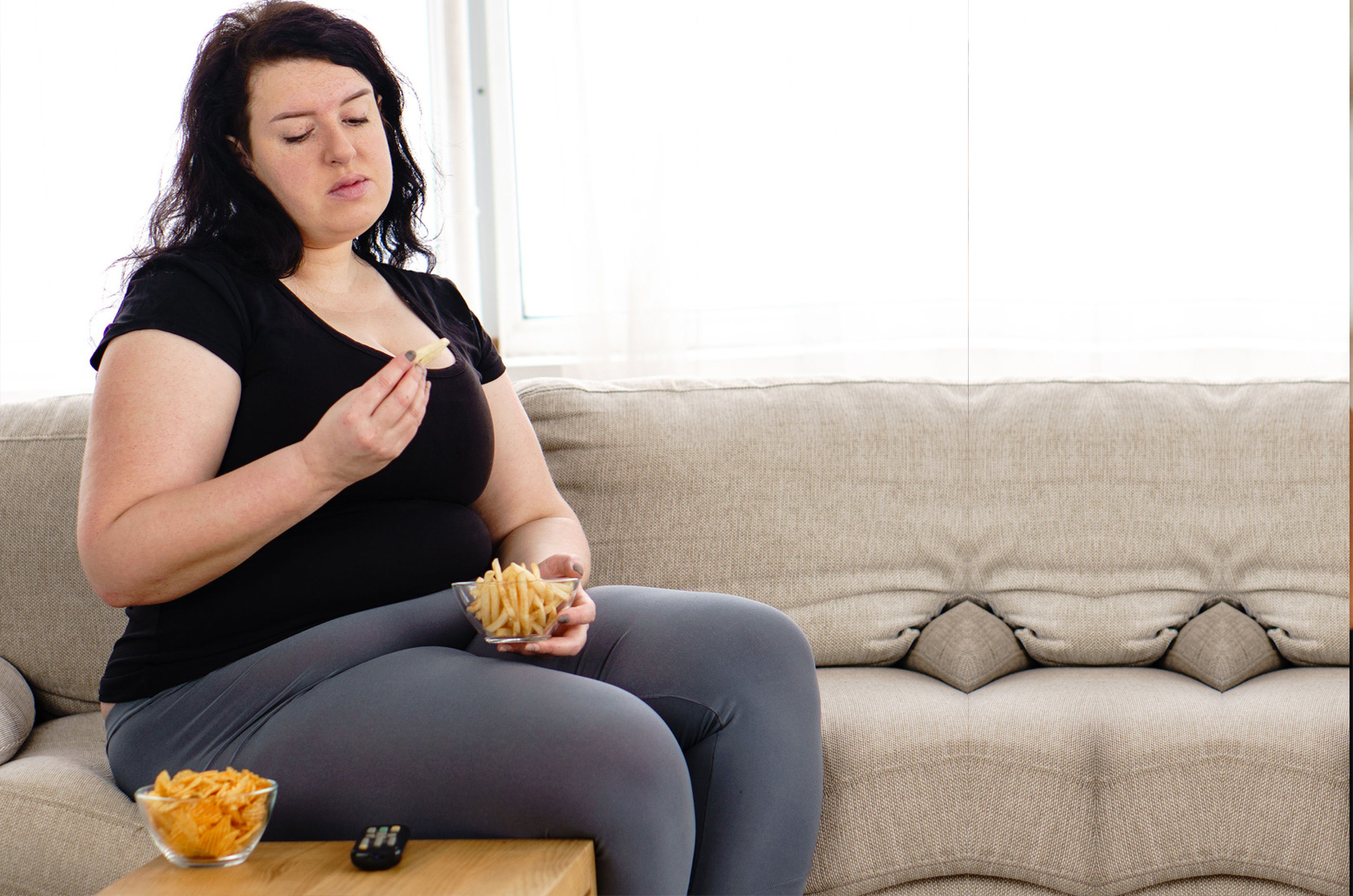
Dieting is one of the first warning signs of an eating disorder. It can start with something as innocent as intermittent fasting or a fad diet, which can then trigger an addiction to a quick-fix weight loss mindset, quickly snowballing into compulsive dieting. This may also induce factors such as, feeling guilty when eating outside of dieting, overeating/binge eating, inducing other disordered eating habits like self-induced vomiting, laxative/diet pill use, or even restricting their diets to a threatening level.
Binge eating can be a severe side effect of compulsive dieting and result in weight gain. It is often triggered by social situations and a person struggling with this condition may restrict themselves in terms of going out, seeing friends, or even family in order to be sure they won’t have to eat or have people recognize that they aren’t eating. This can contribute to low self-esteem, emotional impairment, and major depressive disorders.
Compulsive eating can be rectified through counseling and doesn’t have to be allowed to morph into devastating eating disorders. We are here to work alongside you as you develop the right tools for your success. In order to gain control over your food dependency, in order to lead a healthy and nutritious lifestyle going forward, enroll in our specialized therapy for eating dependency, today.
